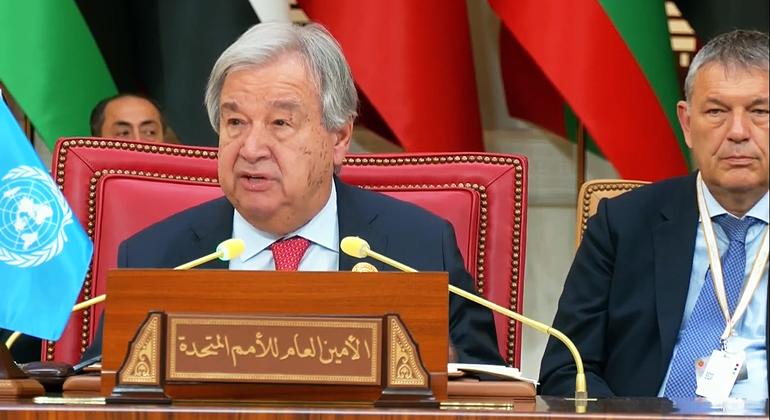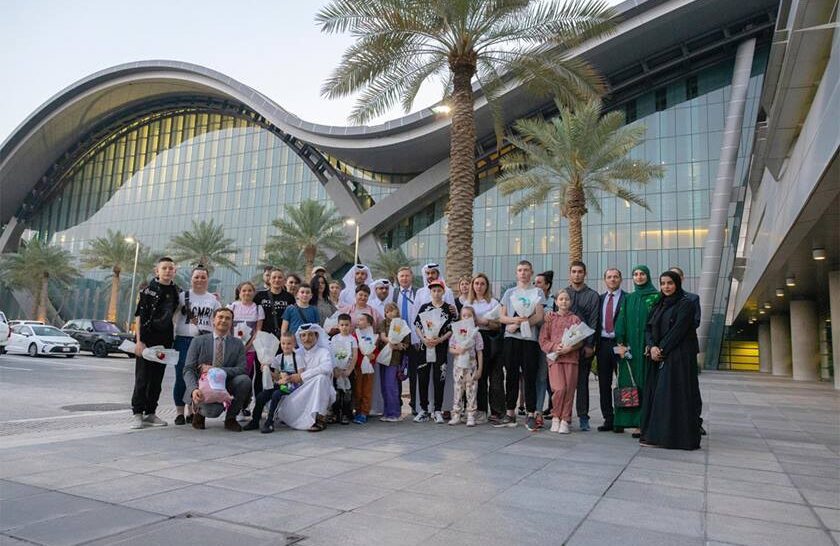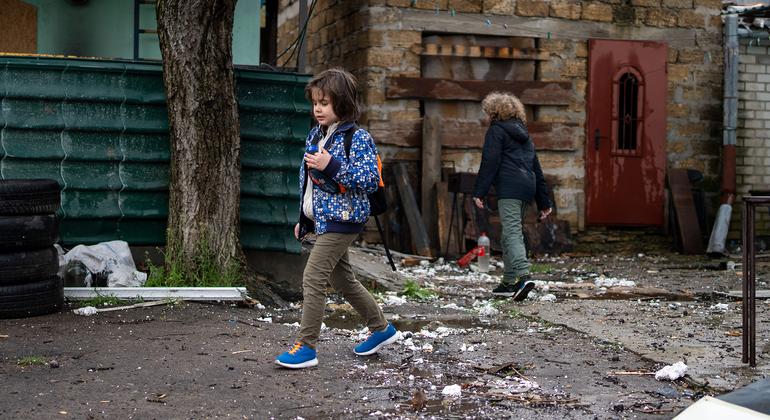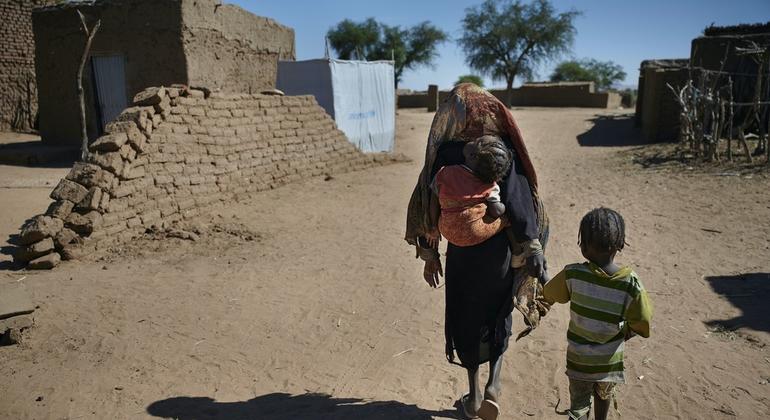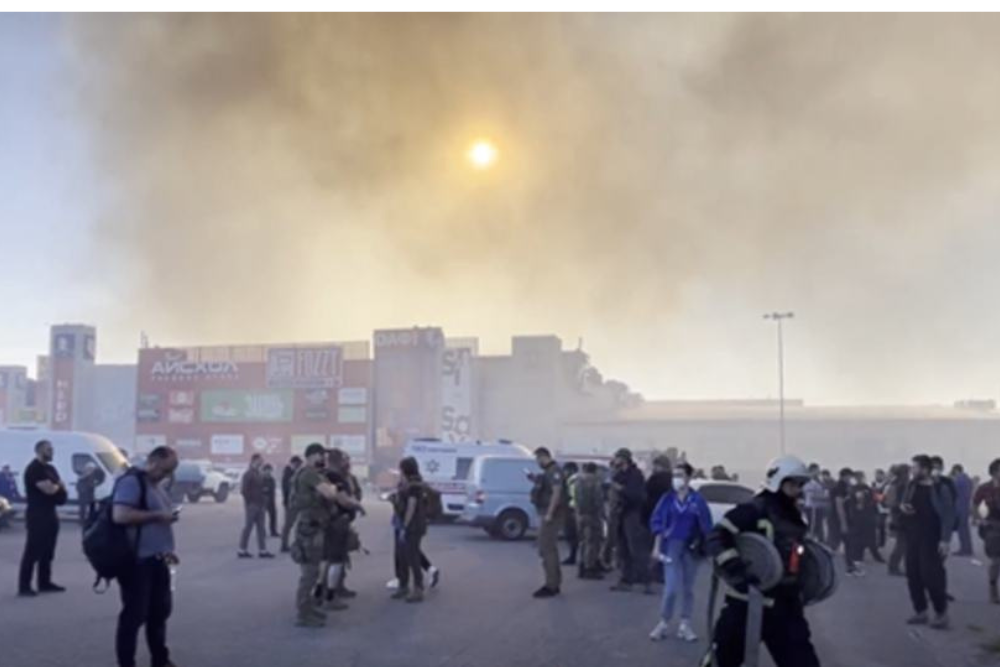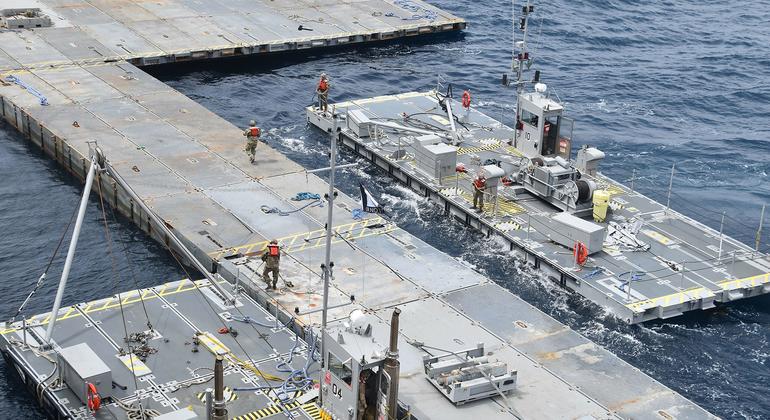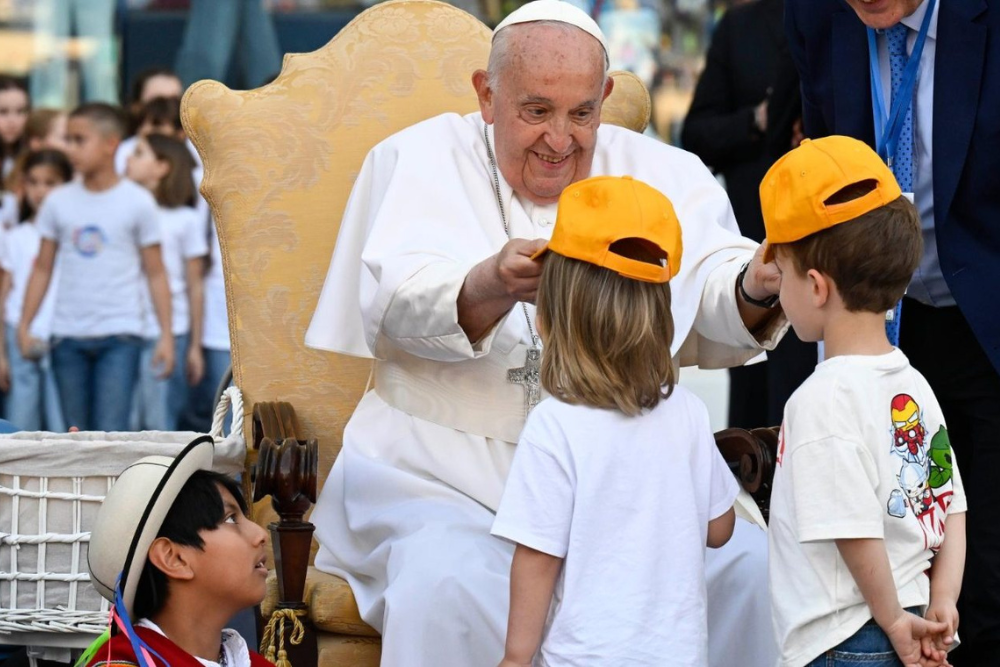“The war in Gaza is an open wound that threatens to infect the entire region,” he said.
“In its speed and scale, it is the deadliest conflict in my time as Secretary-General – for civilians, aid workers, journalists, and our own UN colleagues.”
He stressed that nothing can justify the abhorrent 7 October terror attacks by Hamas against Israel, or the collective punishment of the Palestinian people.
Rafah assault ‘unacceptable’
The Secretary-General warned against an assault on Rafah, which would be “unacceptable” as “it would inflict another surge of pain and misery when we need a surge in life-saving aid.”
He also voiced concern over the tensions in the occupied West Bank, highlighting the spike in illegal Israeli settlements, settler violence and excessive use of force by the Israeli Defense Forces, as well as demolitions and evictions.
UN humanitarian affairs office, OCHA, reported on Thursday that the situation in the West Bank, including East Jerusalem, remains alarming. Nearly 1,400 people – mostly from herding families – have been displaced since October, amid ongoing settler violence and access restrictions.
OCHA said earlier this week, the last two remaining families in the Ein Samiya herding community in Ramallah were forced to leave, following attacks by Israeli settlers who remain in the area, thus preventing their return.
The Secretary-General told Arab leaders that the only permanent way to end the cycle of violence and instability between Israelis and Palestinians is through a two-State solution.
“The demographic and historical character of Jerusalem must be preserved, and the status quo at the Holy Sites must be upheld, in line with the special role of the Hashemite Kingdom of Jordan,” he added.
Peace for Sudan
Turning to Sudan, the UN chief urged the international community to intensify efforts towards peace and called for the warring parties to agree on a lasting ceasefire.
More than a year of fighting between the Sudanese army and rival paramilitary known as the Rapid Support Forces (RSF) has generated a humanitarian crisis. Thousands of civilians have been killed and 18 million face looming famine.
He also called for protecting “the fragile political processes in Libya and Yemen”, and encouraged the Syrian people to come together in a spirt of reconciliation, honouring their diversity and respecting human rights for all.
Reform the multilateral system
Mr. Guterres also focused on other serious global crises, including the climate emergency; rising inequality, poverty and hunger; crushing debt; and the potential and perils of new technology such as artificial intelligence (AI).
“We need deep reforms to the global multilateral system – from the Security Council to the international financial architecture – so they are truly universal and representative of today’s realities,” he added.
He pointed to the Summit of the Future at UN Headquarters this September as “a pivotal opportunity to create momentum for a more networked and inclusive multilateralism.”
Appeal for unity
The Secretary-General pointed to the enormous potential in the Arab region.
Emphasizing that unity is the one condition for success in the world today, he said divisions allow outsiders to intervene – promoting conflicts, stoking sectarian tensions and inadvertently fueling terrorism.
“These are obstacles to peaceful development and the well-being of your peoples,” he told leaders.
“Overcoming those obstacles requires breaking the vicious circle of division and foreign manipulation – and moving forward together to build a more peaceful and prosperous future for the people of the Arab world and beyond.”



